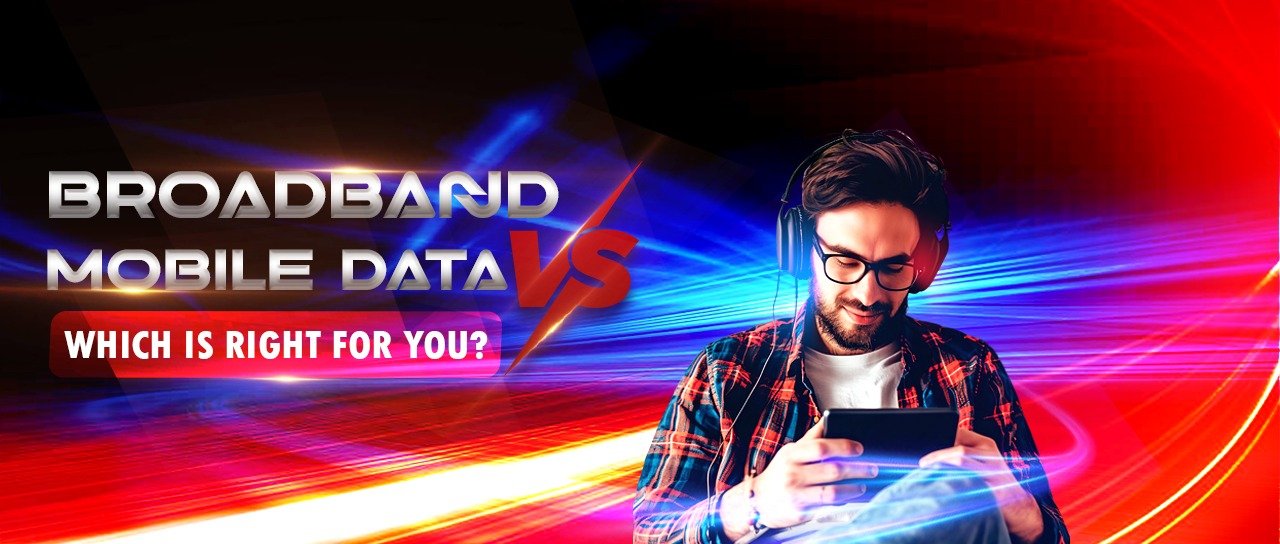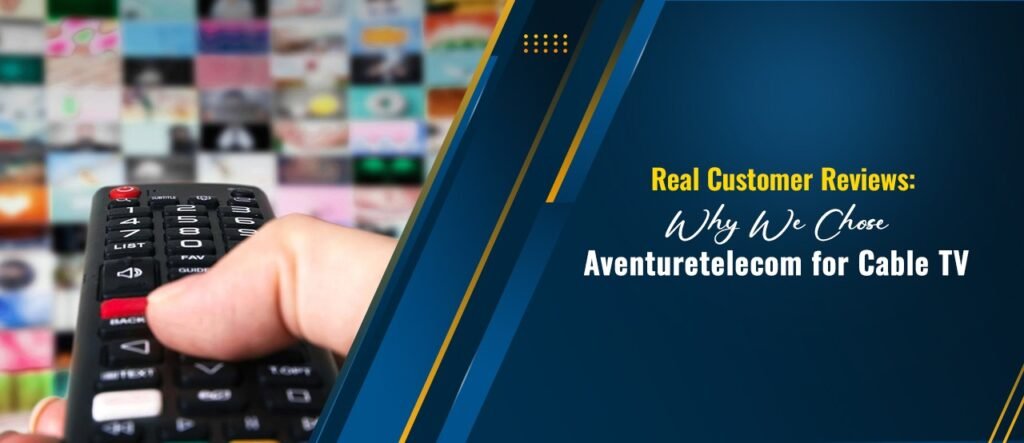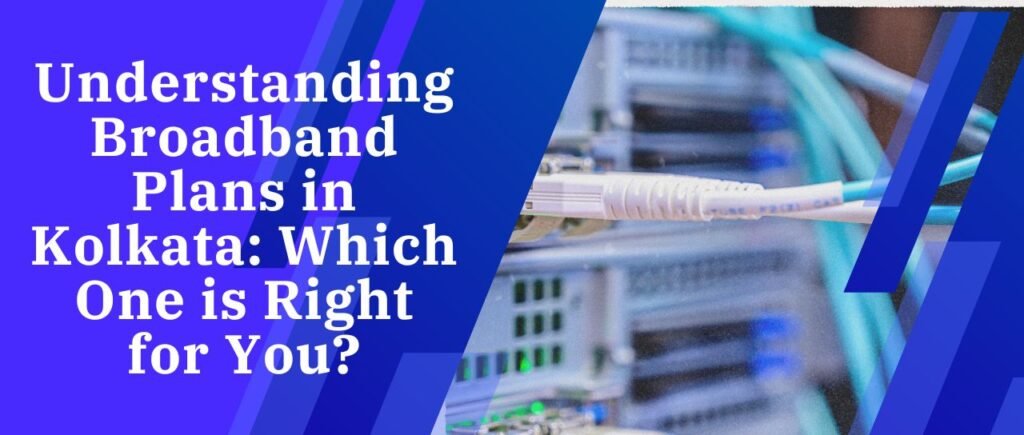Choosing the right internet connection can make or break your online experience. With broadband and mobile data both offering unique advantages, the decision isn’t always straightforward. This comprehensive guide will help you understand the key differences between these two connectivity options, so you can make an informed choice that fits your lifestyle and budget.
We’ll explore everything from speed and reliability to cost considerations and real-world scenarios. By the end, you’ll have a clear understanding of when to choose broadband, when mobile data makes more sense, and how to optimize your internet setup for maximum value.
What is Broadband?
Broadband refers to high-speed internet access that provides a continuous connection to the web. Unlike dial-up connections of the past, broadband offers significantly faster data transmission rates and allows multiple devices to connect simultaneously.
Types of Broadband Connections
DSL (Digital Subscriber Line)
DSL uses existing telephone lines to deliver internet service. It’s widely available and relatively affordable, but speeds can vary significantly based on your distance from the provider’s central office. Most DSL connections offer download speeds between 1-100 Mbps.
Cable Internet
Cable internet utilizes the same coaxial cables that deliver television service. It typically offers faster speeds than DSL, with most plans providing 25-1000 Mbps. However, speeds can fluctuate during peak usage times when many neighbors are online simultaneously.
Fiber Internet
Fiber-optic internet represents the gold standard of broadband connectivity. It uses light signals transmitted through glass fibers to deliver blazing-fast speeds, often ranging from 100-1000 Mbps or higher. Fiber connections offer symmetric upload and download speeds, making them ideal for heavy internet users.
Advantages of Broadband
Broadband connections excel in several key areas. They typically offer unlimited data usage, allowing you to stream, download, and browse without worrying about data caps. The consistent speeds make broadband ideal for bandwidth-intensive activities like 4K streaming, online gaming, and video conferencing.
Installation creates a dedicated connection to your home or office, ensuring reliable performance. Multiple devices can connect simultaneously without significant speed degradation, making broadband perfect for households with heavy internet usage.
Disadvantages of Broadband
The main drawbacks of broadband center around accessibility and flexibility. You’re tied to a specific location, and the service requires professional installation. If you move frequently or need internet access while traveling, broadband won’t meet your mobility needs.
Availability can be limited in rural areas, and service outages, while rare, can leave you completely disconnected. The monthly cost is also typically higher than basic mobile data plans.
What is Mobile Data?
Mobile data refers to internet access provided through cellular networks. Your smartphone, tablet, or mobile hotspot device connects to nearby cell towers to access the internet, giving you connectivity virtually anywhere with cellular coverage.
Mobile Data Generations
3G Networks
Third-generation networks marked the beginning of true mobile internet. While largely phased out, 3G provided basic internet access with speeds typically ranging from 0.5-2 Mbps. These networks were sufficient for basic web browsing and email but struggled with video streaming.
4G/LTE Networks
Fourth-generation networks revolutionized mobile connectivity. LTE (Long Term Evolution) networks offer download speeds between 10-50 Mbps in most areas, with some reaching 100 Mbps or higher. This generation made mobile streaming and video calling practical for everyday use.
5G Networks
Fifth-generation networks represent the cutting edge of mobile technology. 5G promises speeds up to 100 times faster than 4G, with some tests showing speeds exceeding 1 Gbps. However, 5G coverage remains limited, and achieving maximum speeds requires proximity to 5G towers.
Advantages of Mobile Data
Mobile data’s greatest strength lies in its portability. You can access the internet from virtually anywhere with cellular coverage, making it perfect for travel, commuting, or working remotely. Setup is immediate—simply turn on your device and connect.
Mobile data also serves as an excellent backup internet option. If your broadband connection fails, you can continue working using your mobile hotspot. Many mobile plans now offer substantial data allowances, and some carriers provide unlimited options.
Disadvantages of Mobile Data
Data limitations represent mobile data’s biggest weakness. Even “unlimited” plans often include throttling after reaching certain usage thresholds. Heavy users may find themselves restricted to much slower speeds after exceeding their high-speed data allocation.
Network congestion can significantly impact performance, especially in crowded areas or during peak usage times. Battery consumption is another concern, as mobile hotspots and constant data usage can quickly drain device batteries.
Broadband vs. Mobile Data: Key Comparisons
Speed and Performance
Broadband generally offers more consistent speeds and better performance for bandwidth-intensive activities. Fiber connections can provide symmetrical speeds up to 1000 Mbps or higher, while cable internet typically offers 100-500 Mbps.
Mobile data speeds vary significantly based on network generation, location, and network congestion. 4G LTE networks typically provide 10-50 Mbps, while 5G networks can theoretically reach 1 Gbps or higher. However, real-world mobile speeds often fall short of these maximum rates due to various factors.
Latency Considerations
Latency, or ping time, measures how quickly data travels between your device and the internet. Broadband connections typically offer lower latency, with fiber connections achieving 1-5 milliseconds and cable connections ranging from 10-20 milliseconds.
Mobile data latency varies more widely. 4G networks typically show latency between 20-70 milliseconds, while 5G networks can achieve latency as low as 1-10 milliseconds under optimal conditions. For activities requiring real-time responsiveness, like online gaming or video conferencing, lower latency provides a better experience.
Data Caps and Usage Limits
Most broadband plans offer unlimited data usage, allowing you to stream, download, and browse without restrictions. This makes broadband ideal for households with multiple users or heavy internet consumption.
Mobile data plans often include usage limits or throttling after reaching certain thresholds. While some carriers offer unlimited plans, these frequently reduce speeds after consuming 20-100 GB of high-speed data per month.
Reliability and Consistency
Broadband connections typically provide more consistent performance since they use dedicated infrastructure. Fiber connections are particularly reliable, with minimal speed fluctuations throughout the day.
Mobile data performance can vary significantly based on location, network congestion, and weather conditions. Urban areas generally offer better coverage and speeds than rural locations, and performance may degrade during peak usage times.
Cost Analysis
Broadband plans typically range from $30-100+ per month, depending on speed and provider. While the monthly cost may be higher than basic mobile plans, the unlimited data and consistent performance often provide better value for heavy users.
Mobile data costs vary widely based on carrier and plan type. Basic plans with limited data may cost $20-40 per month, while unlimited plans can range from $50-80+ per month. Additional costs may include device payments and activation fees.
Choosing the Right Option for Different Scenarios
Home Use
For most households, broadband represents the better choice. The unlimited data, consistent speeds, and ability to support multiple devices simultaneously make broadband ideal for family internet needs. Streaming services, online gaming, and remote work all benefit from broadband’s reliable performance.
Consider broadband if you have multiple family members who use the internet regularly, enjoy streaming video content, or work from home. The higher monthly cost often provides better value when shared among multiple users.
Travel and Mobility
Mobile data clearly wins for travel scenarios. Whether you’re commuting, working remotely, or traveling for leisure, mobile data provides internet access wherever cellular coverage exists. Mobile hotspots can even provide internet access for laptops and other devices while on the go.
Business travelers and digital nomads particularly benefit from mobile data’s flexibility. The ability to work from virtually any location with cellular coverage makes mobile data indispensable for mobile professionals.
Gaming Requirements
Online gaming demands low latency and consistent speeds, making broadband the preferred choice for serious gamers. Fiber connections provide the best gaming experience, with minimal lag and consistent performance.
While mobile data can support casual gaming, the higher latency and potential for network congestion make it less suitable for competitive gaming. However, 5G networks show promise for gaming applications as coverage expands.
Streaming and Entertainment
Streaming video content requires substantial bandwidth and consistent speeds. Broadband connections easily handle multiple simultaneous streams, making them ideal for households with multiple viewers.
Mobile data can support streaming but may quickly consume data allowances. A single hour of HD video streaming typically uses 3-5 GB of data, which can quickly exhaust mobile data limits.
Business Applications
Business internet needs vary significantly based on company size and usage patterns. Small businesses with basic internet needs might find mobile data sufficient, especially if portability is important.
Larger businesses typically require broadband’s reliability and unlimited data. Video conferencing, cloud applications, and file sharing all benefit from broadband’s consistent performance. Many businesses use both options, with broadband as the primary connection and mobile data as backup.
The Future of Internet Connectivity
The internet landscape continues evolving rapidly, with new technologies promising to blur the lines between broadband and mobile data.
5G Network Expansion
5G networks are expanding rapidly, with carriers investing billions in infrastructure development. As 5G coverage improves and speeds increase, mobile data may become a viable alternative to traditional broadband for more users.
The technology promises to deliver broadband-like speeds with mobile convenience, potentially disrupting the traditional internet service model. However, widespread 5G deployment will take years to complete.
Satellite Internet Advances
Satellite internet services like Starlink are revolutionizing connectivity in rural and remote areas. These services promise broadband-like speeds with global coverage, filling gaps where traditional broadband infrastructure is unavailable.
While satellite internet currently faces limitations like higher latency and weather sensitivity, ongoing improvements may make it a compelling option for many users.
Hybrid Solutions
Many users are adopting hybrid approaches, using both broadband and mobile data to optimize their internet experience. Broadband serves as the primary connection at home, while mobile data provides connectivity on the go.
Some carriers now offer integrated plans that combine home broadband with mobile data, providing seamless connectivity across all locations and devices.
Making the Right Choice for Your Needs
The decision between broadband and mobile data ultimately depends on your specific needs, budget, and usage patterns. Both options offer distinct advantages, and many users benefit from having both available.
Choose broadband if you need unlimited data, consistent high speeds, and plan to primarily use the internet from a fixed location. Broadband excels for households with multiple users, heavy streaming, online gaming, and remote work requirements.
Select mobile data if portability is your primary concern, you have light to moderate usage needs, or you need internet access while traveling. Mobile data provides unmatched flexibility and serves as an excellent backup internet option.
Consider your long-term needs when making this decision. As 5G networks expand and mobile data becomes more competitive with traditional broa



